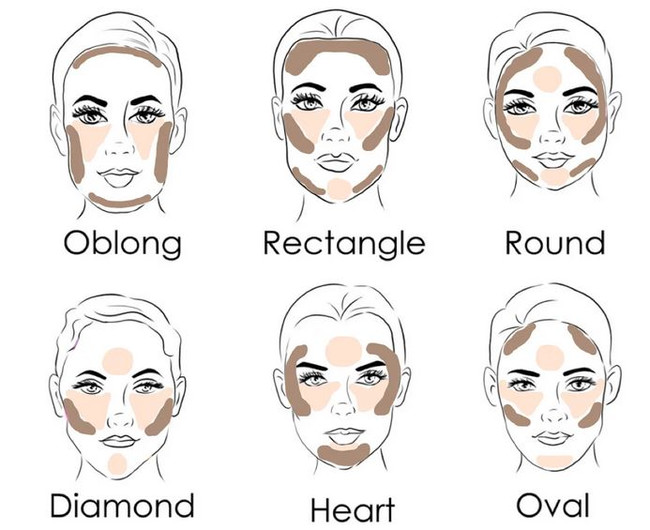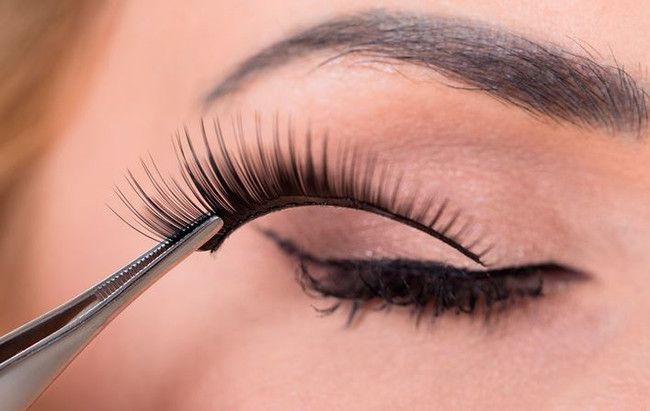Exploring alternative therapies for holistic wellness | |

| |
In the pursuit of holistic wellness, individuals are increasingly seeking alternative therapies to complement traditional medical approaches. Alternative therapies focus on treating the mind, body, and spirit as interconnected elements of well-being. These therapies offer a unique perspective on health and provide natural and non-invasive methods to promote balance and harmony. In this article, we will explore some popular alternative therapies and their potential benefits for holistic wellness. Acupuncture: Balancing Energy for HealingAcupuncture is an ancient Chinese therapy that involves the insertion of thin needles into specific points on the body. It is based on the belief that vital energy, known as Qi, flows through meridians in the body. By stimulating these points, acupuncture aims to restore the balance of energy and promote healing. Acupuncture has been shown to provide relief for various conditions such as chronic pain, migraines, anxiety, and insomnia. Ayurveda: Harmonizing Mind, Body, and SpiritAyurveda is a traditional Indian system of medicine that emphasizes balance and harmony between the mind, body, and spirit. It recognizes that each individual has a unique constitution and focuses on personalized treatments to restore and maintain well-being. Ayurvedic therapies include herbal remedies, dietary guidelines, meditation, yoga, and cleansing practices. By addressing the root causes of imbalances, Ayurveda aims to promote overall health and vitality. Homeopathy: Treating Like with LikeHomeopathy is a holistic system of medicine that follows the principle of "like cures like." It uses highly diluted substances derived from plants, minerals, and animals to stimulate the body's self-healing mechanisms. Homeopathic remedies are tailored to each individual's specific symptoms and constitutional characteristics. Homeopathy is commonly used to treat chronic conditions, allergies, digestive disorders, and mental health concerns. Naturopathy: Supporting the Body's Innate Healing PowerNaturopathy is a natural and holistic approach to healthcare that focuses on supporting the body's inherent healing abilities. It combines various therapies, including herbal medicine, nutrition, lifestyle counseling, hydrotherapy, and physical manipulation techniques. Naturopathic doctors aim to identify and address the underlying causes of illness rather than simply treating symptoms. Naturopathy can be effective in managing chronic conditions, promoting overall wellness, and preventing disease. Reiki: Channeling Universal Life EnergyReiki is a Japanese healing technique that involves the gentle placement of hands on or near the body to channel universal life energy. It is based on the belief that an unseen life force energy flows through us and is essential for our well-being. Reiki aims to remove energy blockages, restore balance, and promote relaxation and healing on physical, mental, and emotional levels. Reiki sessions can provide deep relaxation, stress reduction, and a sense of inner peace. Frequently Asked Questions (FAQs)1. Are alternative therapies safe?Alternative therapies can be safe when practiced by qualified professionals. It's important to consult trained practitioners and inform them of any existing medical conditions or medications you are taking. Always choose reputable practitioners who adhere to ethical standards and have appropriate certifications or licenses. 2. Can alternative therapies replace traditional medical treatments?Alternative therapies should not replace necessary medical treatments. They can complement conventional approaches by supporting the body's natural healing processes. It's crucial to consult with your healthcare provider and discuss any alternative therapies you wish to pursue. 3. How long does it take to see results with alternative therapies?The timeframe for experiencing results with alternative therapies can vary depending on the individual and the condition being addressed. Some individuals may notice improvements after a few sessions, while others may require more time. It's important to have realistic expectations and be consistent with the recommended treatment plan. 4. Can I combine different alternative therapies?Combining different alternative therapies can be beneficial, as they can complement and enhance each other's effects. However, it's essential to consult with qualified practitioners who can guide you on the appropriate combinations and ensure they are safe and suitable for your specific needs. 5. Are alternative therapies covered by insurance?Insurance coverage for alternative therapies varies depending on the insurance provider and the specific therapy. Some insurance plans may offer partial or full coverage for certain therapies, while others may not cover them at all. It's advisable to check with your insurance provider to understand the coverage options available to you. ConclusionExploring alternative therapies can be a valuable journey toward achieving holistic wellness. Acupuncture, Ayurveda, homeopathy, naturopathy, and Reiki are just a few examples of the diverse range of alternative therapies available. These therapies offer unique perspectives on health and well-being and can complement traditional medical approaches. As with any healthcare decision, it's important to research and consult with qualified practitioners to ensure safe and effective treatments tailored to your individual needs. By embracing alternative therapies, you can enhance your overall well-being and experience the interconnectedness of mind, body, and spirit. | |
| Category: Wellness | |
| Total comments: 0 | |
 |
| How to Create a DIY Hair Care Routine at Home |
 |
| Natural Remedies for Dry and Damaged Hair |
 |
| Protruding eyes makeup tips |
 |
| Makeup Tips for Photographs: Looking Flawless on Camera |
 |
| Tips for Nailing the Perfect Nude Lip Look |
 |
| The art of contouring and highlighting |
 |
| The Secret to Achieving a Natural-looking Glow: Highlighter 101 |
 |
| The Importance of Protecting Your Hair from UV Damage |
 |
| How to Apply False Eyelashes like a Pro |
